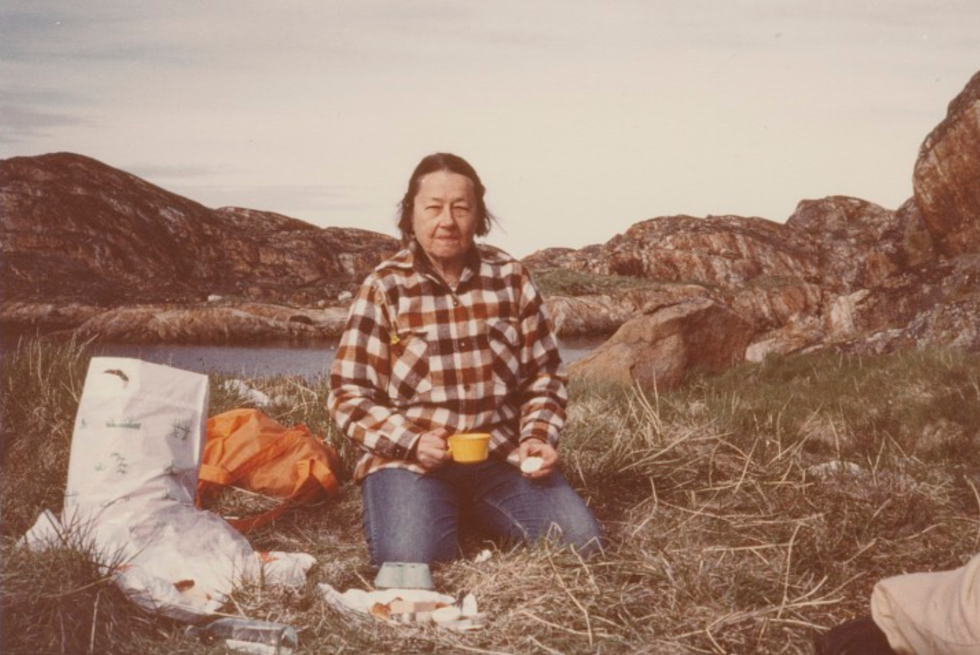
Ethnography, according to Tim Ingold (2014, 383), “has become a term so overused, both in anthropology and in contingent disciplines, that it has lost much of its meaning.” This Correspondences session picks up on the concern that Ingold expresses. Anthropologists work with infrastructures, states, and animals, as well as people; the field might be online, at home, or restricted to business hours. All of this work is anthropology. What elements of method—or, as Ingold would have it, analytical approach—are required for a contribution to be ethnographic?
In this session, four anthropologists from varied subfields describe the steps that they took to conduct an ethnography, and reflect on what makes their work ethnographic. Their reflections are in conversation with an interview I recently conducted with Ingold.
This exchange tests out Ingold’s assertion that anthropology, as a discipline, suffers from the absence of a convincing definition of ethnography. Are we, in fact, working from wildly divergent notions of what it means to conduct ethnography? And, if so, is that a problem?
References
Ingold, Tim. 2014. “That’s Enough about Ethnography!” HAU 4, no. 1: 383–95.
Posts in This Series

Ethnography: Provocation
Imagine that you shouted “That’s enough about ethnography!” at the top of your lungs, and took thirteen pages to do it in a very popular journal, and then every... More

Ethnography: Translation
Should anthropology dump ethnography? It’s been a long and fruitful relationship but, for Tim Ingold, something’s missing. Maybe the two were always different, ... More

Ethnography: Deviation
To heed Tim Ingold’s (2014) request that we all rein in our use of the word ethnography, many anthropologists would have to break a long-running habit. I, for o... More

Ethnography: Integration
Tim Ingold has chosen to polemicize ethnography in recent years in the name of a good cause—his own admirable and philosophically earnest practice of it as anth... More